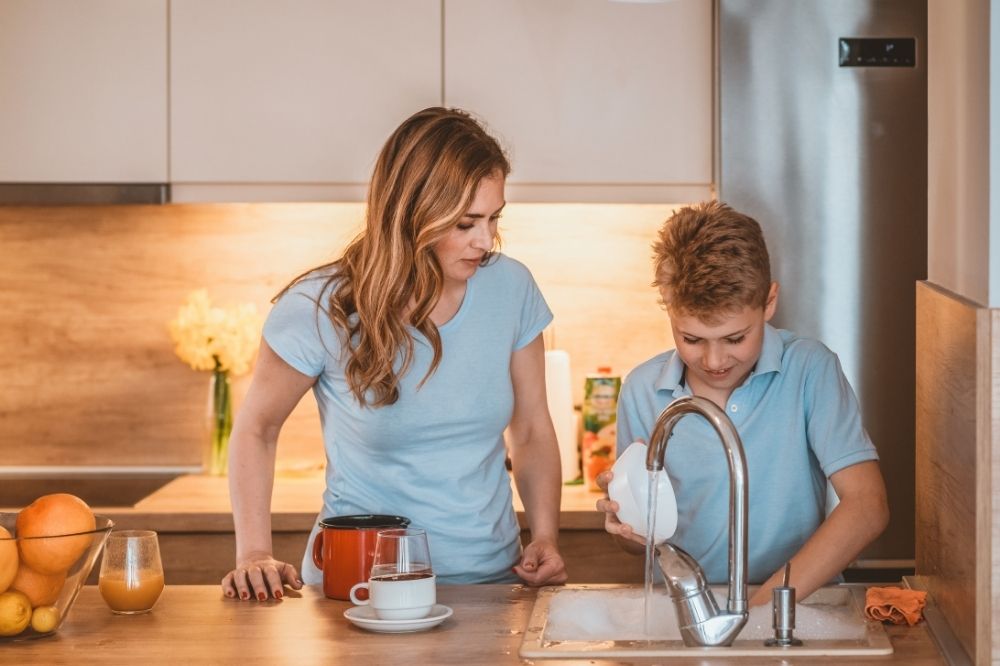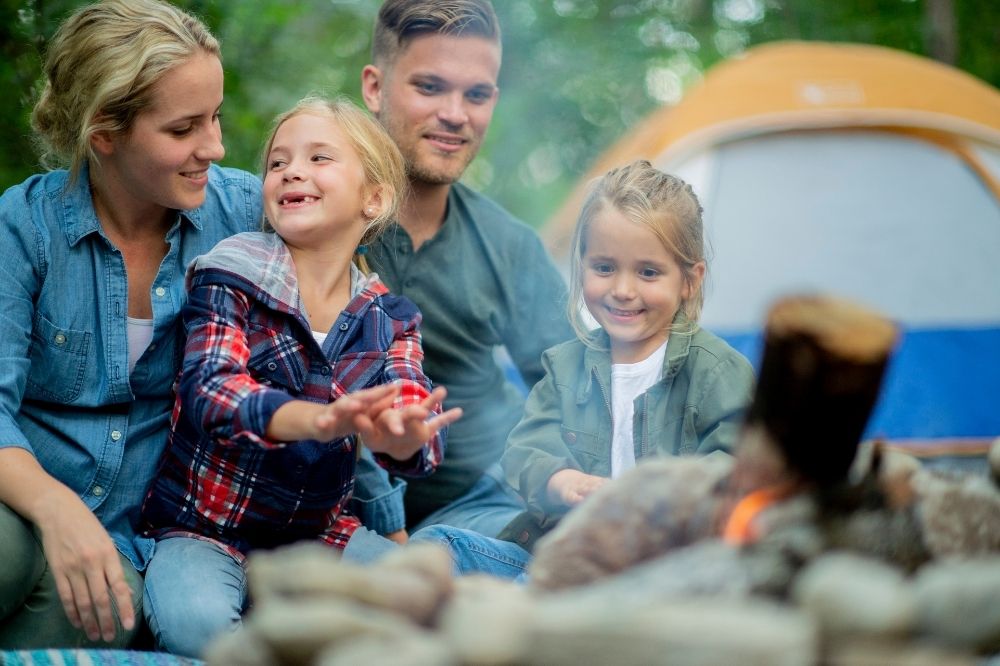
Kids are constantly in the act of learning and not merely in school but in the flow of everyday life and on special occasions that attract their attention in other than routine ways. Development takes place in routine experiences like morning routine and family chores and in unusual experiences like trips or outings or celebrations. The two settings offer great possibilities at developing skills, encouraging creativity, and developing a curious personality.
The Learning Power of Regular Routines
Day-to-day activities might be routine, but routine is the base upon which mastery is formed. As children brush their teeth, dress, or get school-ready, they are in rehearsal mode practicing sequencing, time management, and independence. These little activities instill consistency and responsibilities on which academic achievement in the long run is built.
Another opportunity rich in learning is mealtime. Assembling the table, aiding in meal preparation, or doing the clean-up afterward teaches cooperation, fine and gross motor skills, and how important it is to be a part of family life. Even if chores are considered just chores, it boosts the confidence of children because they know their contribution counts so much in their home.
Chores as Teachings in Responsibility
Household chores are hardly valued enough as educational material. Doing activities like separating toys or watering plants or assisting in the wash develops problem-solving and decision-taking capabilities. When children are encouraged to join in the labor effort, a sense of accountability and value of perseverance are developed.
As simple as it may be to teach children to operate vacuums is to incorporate technology, safety, and effectiveness into their experiences. It teaches youngsters that equipment is designed to make work easier but must be treated and used carefully. From these experiences come practical abilities combined with life experiences that translate into adult life.
Learning Through Dialogue and Interaction

Acquisition of languages flourishes in the context of daily interactions. Table conversation at dinnertime, conversation while riding in cars or bedtime chats improve vocabulary, listening and thinking. Carers and parents demonstrate communication and children practice speaking clearly and assertively.
Even books listened to or read build an understanding, sympathy, and imagination. By questioning children about what they hear, observe, or perceive, adults inculcate critical thinking and an urge to question the world.
The Effect of Play on Development
Play is the best method by which children will learn in everyday life. Pretend play promotes imagination and feelings of empathy, while puzzles and building blocks and board games facilitate problem-solving and collaboration. Free time allows children to be creative and autonomous while disciplined time allows them to grasp rules, fairness and balance in victory and defeat.
Physical activity like running, dancing, or climbing develops strength, coordination, and resilience. What’s more, these activities help in emotional regulation and provide children with healthful ways to release energy and tension. Regular play is now a mind-body training ground.
Converting Daily Activities into Learning Journeys
Even errands offer unseen lessons. Trips to the grocery store involve numeracy and literacy in the form of item identification, comparison of prices, and reading labels. Walking to the community offers children an awareness of nature patterns, road safety, and community infrastructure. These everyday trips bring the world into a classroom without borders.
Chances happen in the most unplanned locations, validating the maxim that education is by no means limited to classroom study. Errand-chatter on what they are seeing may initiate an interest which transfers to other aspects of life.
Special Adventures as Expansive Learning
While daily routine is reliable and reassuring, special expeditions offer novel experiences and exceptional exploration avenues. Family trips, cultural events, or museum outings introduce children to experiences beyond their immediate surroundings. Often these expeditions carry lingering benefits, opening doors to novel ideas and alternatives.
Living in holiday accommodation, e.g., may bring children into contact with a new environment, routine and contact with other people. Adapting to an interim space fosters adaptability and versatility, and tourism or engagement in local culture boosts cultural orientation. Experiences of this nature enrich children’s exposure to the world and their place in it.
The Contribution of Nature to Adventures

Nature adventures outside are particularly influential in the development of children. As long as it is hiking, or even spending a Saturday at the park, nature prompts observation, exploration, and an appreciation of the environment. Children become aware of ecosystems, storm systems, and the meaning of stewardship by directly experiencing the natural world. The experiences carry over into mindfulness and encourage children to slow down and be present in their environment.
Excursions That Stir Imagination
Experience with the unknown often awakens imagination. Visits to an art museum, historical site, or cultural festival introduce children to creativity, history, and differences in life. It may evoke storytelling, painting, or other ideas to pursue as hobbies and stir up passions to grow into long-term activities. Trips enrich curiosity in ways to complement the uniformity of daily classroom assignments.
Supporting Skills Through Exploration
Aside from inquisitiveness, adventures usually support fundamental skills. Reading maps, scheduling timetables, or practicing elementary phrases in foreign languages in travels enhances practical problem-solving. Engaging in guided tours or educational programs allows children to internalize structured information while preserving the thrill of exploration.
Excursions also offer opportunities to reinforce student skills, as children are exposed to menus, signs, and brochures. Genuine reading connects reading to experience and reveals words have real-world application in addition to books and classrooms.
Blending Routines and Adventures
Both routine and adventure complement each other in the life of a child. The routine allows stability and predictability and offers chances to practice in a steady manner. The adventure injects freshness and thrill and challenges that test children’s thinking and malleability. Both combine to provide a balanced system fostering resilience and confidence and inquisitiveness.
If routine is complemented by fun-based learning and special trips are presented as exploration occasions, then children will be enriched by a series of experiences. This complementarity benefits both intellect and emotion and social behavior and produces well-balanced individuals.
The Timeless Relevance of Habitual Learning
Lessons from both ordinary life and the extraordinary are long-lasting. Rituals teach discipline and accountability upon which success in school and eventual professional life are built. Adventures encourage creativity, flexibility, and awareness of culture in ways broadening views.
Children guided to value both will realize that learning is never merely school study. They grow up with the perception that each hour is either ordinary or extraordinary in having something to offer and something to discover.

Leave a Reply